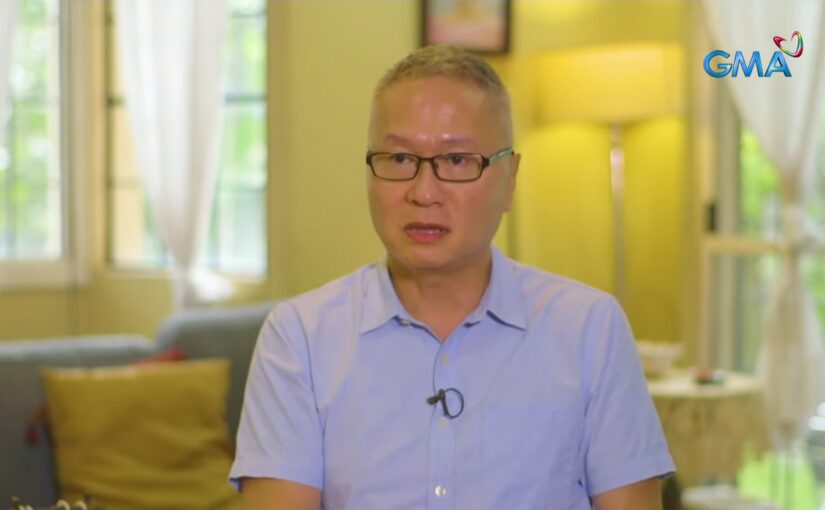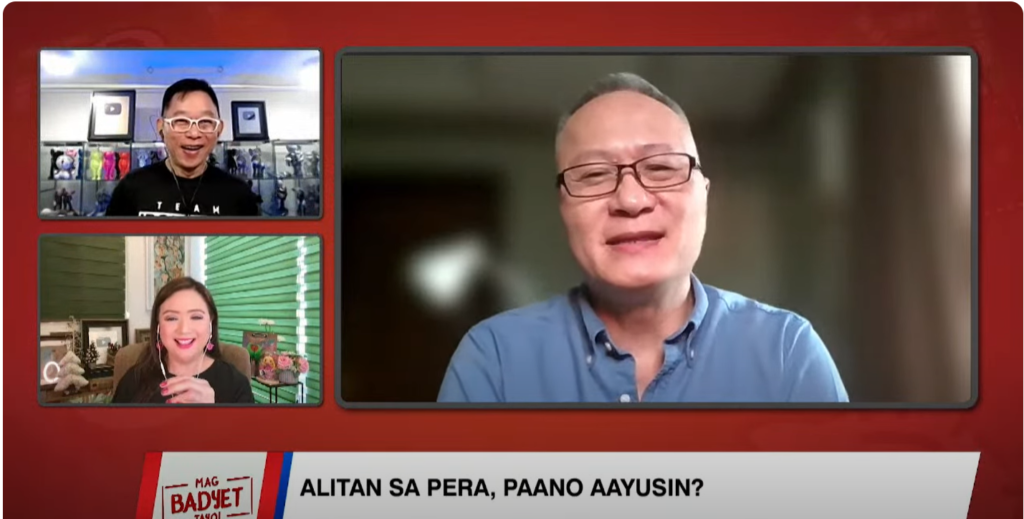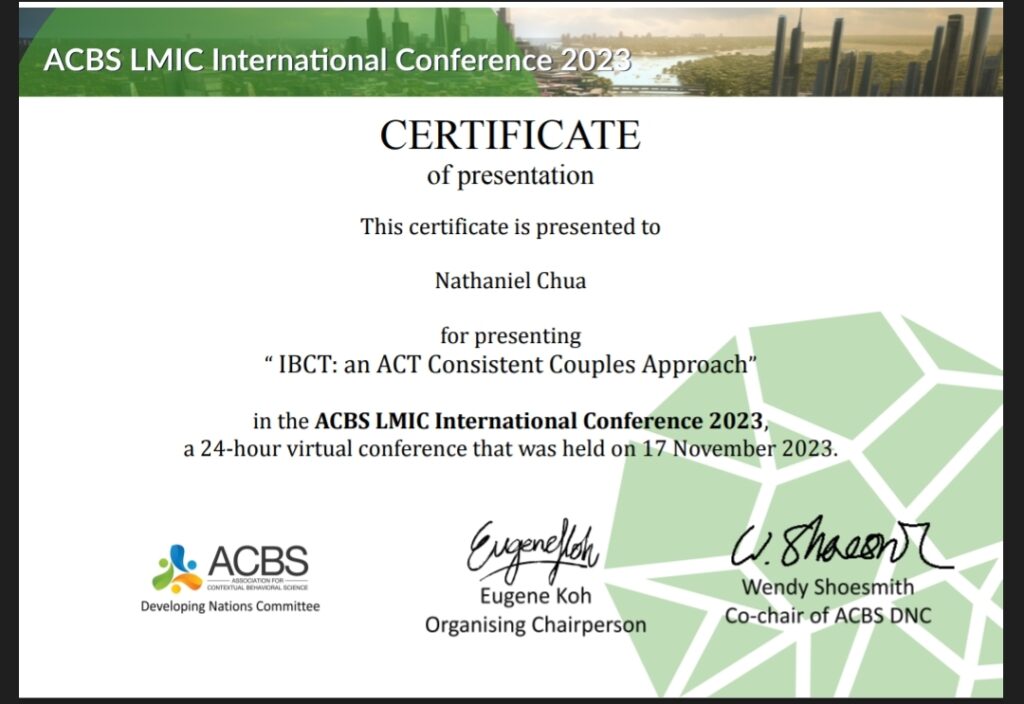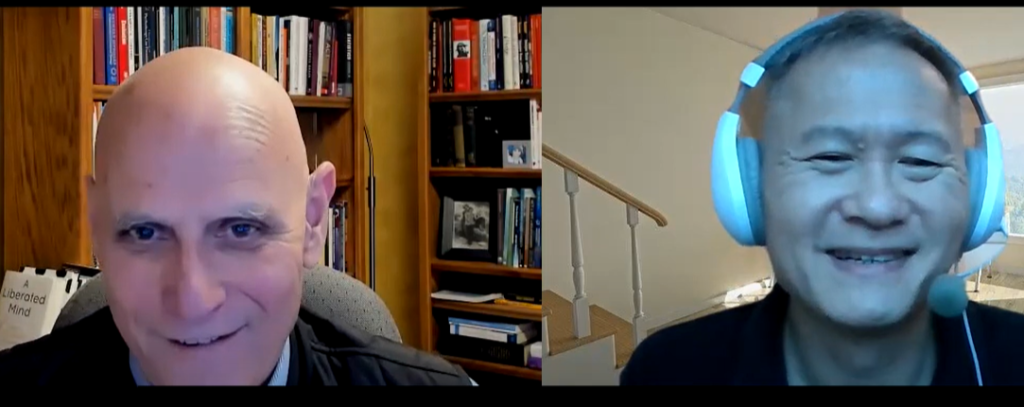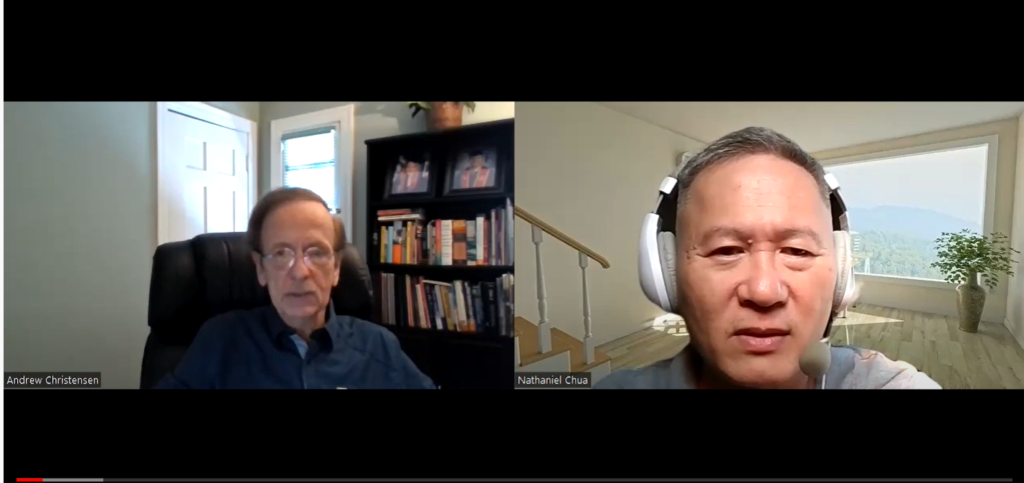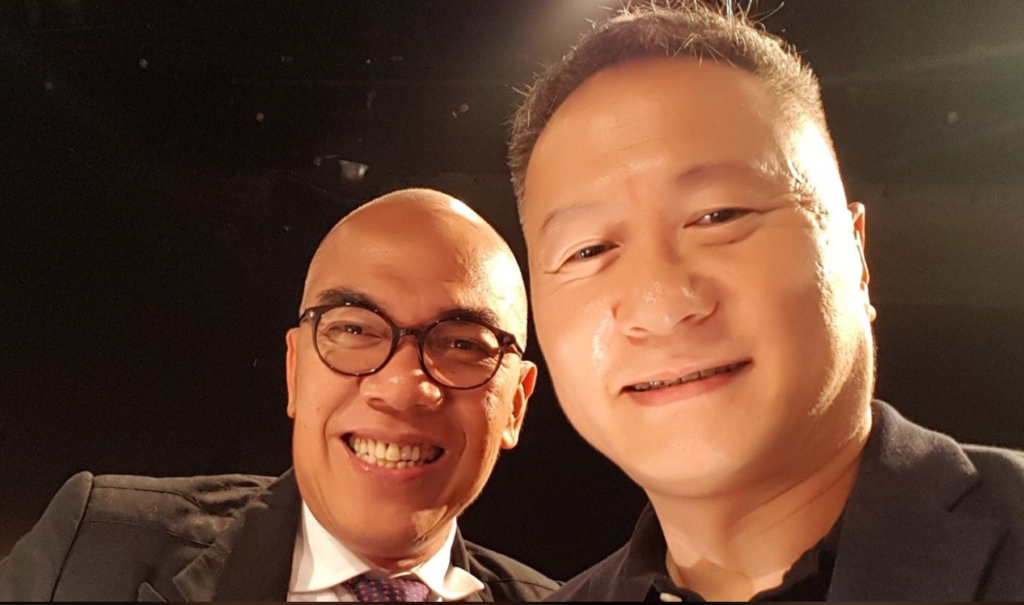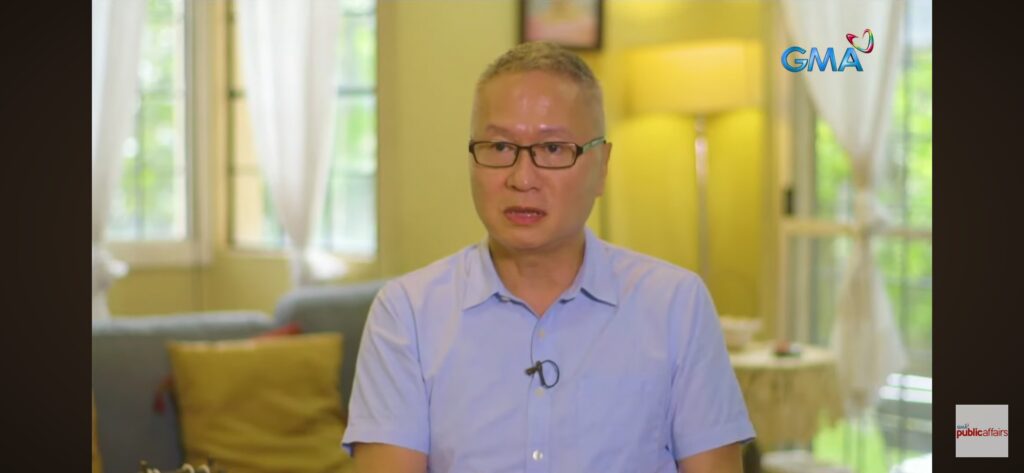by Nathan Chua
I am writing this not to advocate for any external form of ritual bonding for couples. I have lately ended up telling my clients that neither am I a priest nor a pastor. I am not here to judge what their lives are and what they’re supposed to do or not. I am duty bound to respect anyone who comes to see me for their important questions about their lives. So it doesn’t matter if you’re monogamous or polyamorous, straight or non-straight, what ends up mattering in our work is if you are living your life according to your best hopes for your short existence.
Now let’s get on with the topic at hand. How many times have you ended up being in a long(er) term relationship with someone who turns out to be totally different from your own images of what a pair bond is supposed to be? Have you ever heard of people who have jumped from one abusive relationship to another? Here are some tips about knowing if you have someone worth considering in front of you:
Be Mindful, Not Blind:
It is understandable that you may have a shortlist of what you want to look for in a partner. This certainly provides greater probability of success than just random choice. Unfortunately, predicting how you and another human being will do in a close relationship is something that the shortlist will never be able to guarantee. What I am saying here is that people are unique and can hardly be summarized in a short checklist. No matter how long this list will be, not one person can match everything that you want.
Getting to know someone is pretty much like learning how to ride a bike, swim, or even walk! There is no instruction manual good enough or long enough to tell you how to do these activities. And so it is with relationships! You won’t really get to know a person thoroughly by just comparing them to a checklist of qualities. Why? Because all behavior happens in context. It’s easy to think about a person’s behavioral choices in a vacuum. We usually do not appreciate the contexts in which these behaviors happen and blindly follow rules that end up with well, blind choices. Your potential mate may be nice in a date, but what are they like in traffic or stressful situations?
There are certainly good reasons why we should trust our minds when it comes to fending off a virus or an infection. But trusting our logical minds to fend off the difficult feelings, thoughts, and memories that we experience in relationships, is a route towards possibly worse outcomes. I often use an example of how our problem-solving minds are an absolute gift. Mosquitoes are some of the worst threats to our health. Without our problem-solving minds, we would not learn to slap them dead on our arms or invent a lotion to repel them. We are quick to apply the same kind of problem-solving skill to our feelings and thoughts. The bad news is there is no slap strong enough to keep your feelings away, nor is there an off lotion version that works to remove our unpleasant internal experiences. If there was, please tell me. Unless it’s some sort of drug or substance that sedates you, then feel free to reach me so I can take these substances myself. I don’t think living a life numbed out or sedated is what I bargained for.
Why is this worth mentioning? Well, in a relationship your logical, sensical mind will tell you that your partner should never arouse any difficult feelings. So, good luck with that if you aren’t mindful enough to notice the rule inside your head. Relationships come with feelings. In fact, you wouldn’t be in a relationship if it meant you were just going to be half awake all the time. You’re there to feel something moving and purposeful. You’re not there for a stale lifeless existence! So be mindful of what you see in your partner in different situations. See if you share the same hopes and cherished values.
Keep in Touch with your Feelings:
As you spend time with a person, you would probably get a sense of what it feels like to be in their company. Do you feel a sense of loneliness? Maybe you are with someone who is preoccupied with themselves; they hardly hear what you have to contribute. Do you feel incensed or angered that this person can’t make a commitment to arrive on time or do as they promise to do? Maybe this person is lacking in empathy and consideration.
If you are one of those who jump from one abusive relationship to another, then maybe it’s time for you to step back and listen to your feelings. Maybe you are so tunnel-visioned into thinking what story your mind is creating about your long term relationship. Maybe it’s time to wake up and check your feelings when you are with this person.
I remember a story of the character of Lt. Dan in the movie Forrest Gump. He, like all of us, created a story of his fate after the Vietnam war. He wanted to die in war just like his war hero ancestors. Just as you and I know, sometimes life happens however. In his case, Gump happened…to save him from his inevitable passing as a war hero. Unable to reconcile his experience with the story his mind wanted to create, he lived his life purposefully wasting his time fighting the memory or thoughts of an opportunity lost with the amputated legs serving as a constant reminder of a missed opportunity to fulfill his mind’s vision of a destiny. In the end, he realized that he can still be the hero unto himself; the one who harbored a hope of living his life without his amputated legs but with much purpose as just Dan, the man, who may not be the war hero he dreamt of becoming, but a person of worth nonetheless.
Just as Lt. Dan started to let go of his grand story of what he wants about his life, maybe you also can hold these love stories lightly, and see if this person is worth your time and love.






